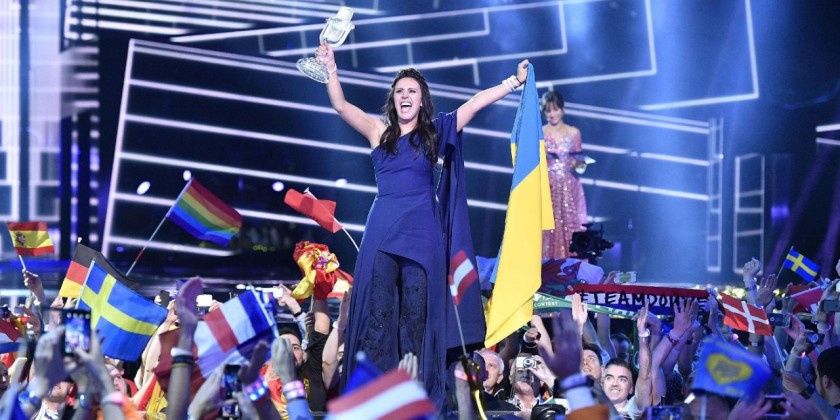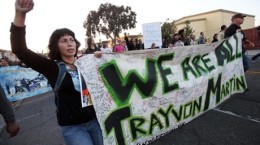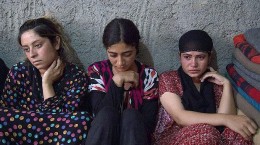Music as diplomacy was nowhere illustrated more effectively than this year’s Eurovision Contest. Perhaps more to the point, the history of Crimea and the various claims to it were put on the stage with a singer who represented both Crimea and the country of Ukraine which had this part of its territory seized and annexed by Vladimir Putin’s Moscow. What Ukraine could not fend off militarily and where the political voice of her people has been silenced, Jamala, Crimean Tatar singer and Ukraine citizen, overcame on the stage of the biggest song contest in Europe and indeed the world.
As Ukraine rejoiced in one of its few wins over its much more powerful rival, many in Moscow were outraged by what they saw as the politicization of the contest, particularly when there were high expectations that a popular Russian entrant would emerge victorious. While Eurovision undoubtedly is not free of either nationalistic pride or politicization, this contest is determined by the votes of European citizens (plus a few adjunct competing nations as Australia.) Perhaps most surprising is that Russian citizens voted for Jamala as did many Ukrainians vote for the Russian entry. So what is so political or even controversial?
Jamala’s song was a reminder of the forced relocation of Crimean Tatars in 1944 by Josip Stalin’s Soviet Union. (The Tatars faced death marches, cultural eradication and extermination, (not unlike the “Trail of Tears” faced by Native Americans.) This was bad enough for a Putin who sees the Soviet Union as an empire but also ideal lost. Worse, it undermines Putin’s claim of exclusivity over Crimea based upon a dictate of history he wished to impose, (and some apologists for Moscow’s unilateral annexation willing to legitimize.) (Read: “Might Putin Face International Criminal Court by Annexing Crimea?“)
Music and art can be misused to convey the superiority of one over another or simply entrench fear and notions of cultural, religious and/or ethnic dominance. Putin and his allies have frequently mobilized culture and where it does not fit their narrative, they have simply rewritten history. It would be ideal if art were free of politics. However, it has been employed as both preemptive weapon to rationalize conquest to genocide. Now, it has also been employed as diplomatic tool not to allow identity and the rule of law with respect to Crimea and Ukraine be simply erased.
For More Stories, see: “Diplomacy & Art” & Diplomat Artist Category Archives, “Cultural Diplomacy”




